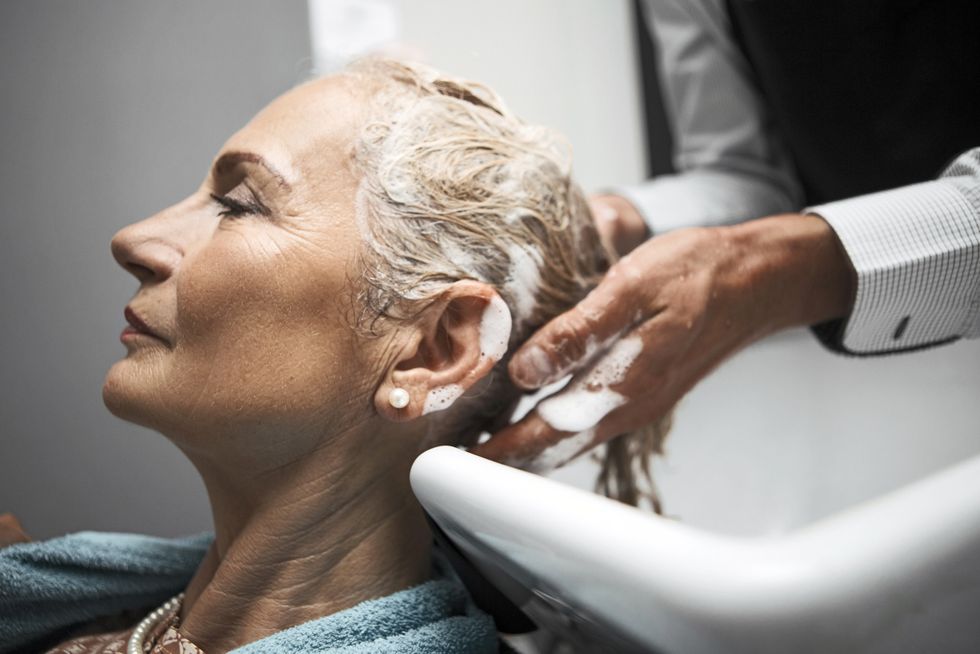Avoid four things for healthier hair
GETTY
Many factors can cause damage and breakages on your hair
Don't Miss
Most Read
Trending on GB News
Our hair is affected by the products we use, how we style it, genetics and environmental factors.
For healthier locks with fewer breakages, an expert suggested avoiding four things - including alcohol and harmful chemicals.
Our hair goes through cycles. Sometimes, it may look better while at other times it may be more prone to shredding, medical doctor at Sharma Skin & Hair Surgery Dr Anil Sharma explained.
However, avoiding some products and drinks could help it to look its best, regardless of where you are on the cycle.

Alcohol can be damaging to your hair
PAThe expert suggested avoiding alcohol, sulphates and other chemicals, silicone products and triclosan.
Dr Sharma said: “Alcohol isn’t a new one. It’s common knowledge now that high consumption of alcohol can damage hair, so we strongly advise against this.
"Sulphates have the potential to harm hair follicles and impede hair growth. Other chemicals present in shampoos, such as sodium chloride, diethanolamine, triethanolamine, and propylene glycol, can also be detrimental to our hair, stripping it of natural oils and moisture and causing damage to the protective keratin protein.
"While certain silicones may offer some benefits, we recommend avoiding silicone-based conditioners for damaged hair due to their potential drawbacks.
"Silicones can accumulate on the hair, leaving it feeling dry and lifeless, weighing it down and giving it a thinner appearance. Additionally, they can create a barrier that hinders other nourishing ingredients from reaching the hair follicle.
"Although the FDA prohibited triclosan in 2016, some countries still incorporate it into products like shampoo.
"However, triclosan doesn't offer any benefits for hair and may lead to scalp inflammation, hair loss, and dryness."
Hair loss is natural but excessive shedding can be cause for concern. Dr Sharma explained what to do if you notice this happen more often.
She said: "If you notice a sudden or significant increase in hair shedding, your first step should be to consult your doctor.
LATEST DEVELOPMENTS

Watch out for certain chemicals in hair care products
GETTY"They can help identify potential causes or investigate any underlying issues contributing to the excessive shedding.
"Certain factors, like hair loss after a high fever or intense stress, may resolve on their own.
"However, if the shedding continues for more than three months or you can't pinpoint a clear cause, it's advisable to seek advice from a specialist."
Dr Sharma also detailed the common hairstyles that could cause your hair to fall out more easily.







